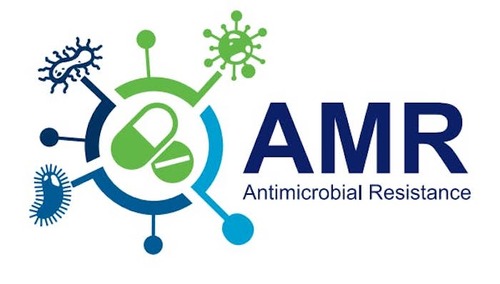Microbes such as bacteria, viruses, parasites and fungi form part of our everyday lives – they live in us, on us and around us.
We need them for healthy digestion, immune function, and the synthesis of essential nutrients, and we depend on them for farming and industrial processes.
But microbes also cause disease in people, animals and plants. That is why science has developed an arsenal of antimicrobials that kill them or slow their spread.
Over time, microbes develop resistance to antimicrobials, and some eventually evolve into so-called “superbugs” that no longer respond to the drugs. So we see more and more untreatable infections appearing in hospitals and communities.
This phenomenon, known as antimicrobial resistance (AMR), means that common illnesses and diseases may become life-threatening again.
Recent figures show that antimicrobial resistance has been linked to close to 5 million deaths annually – more than the total combined death toll of HIV/AIDS and malaria.
It is further estimated that deaths related to drug-resistance could increase to 10 million per year by 2050, overtaking cancer as a leading cause of death worldwide.
World AMR Awareness Week aims to improve awareness and understanding of this silent killer.

ABAVBA – Les Belges d'Agadir et de la région – De Belgen van Agadir en de regio
Association des Belges et de toute personne ayant un lien avec la Belgique en vue d'informer ou d'échanger sur les réalités de la vie d'expat à Agadir et dans toute la région du Souss Massa et d'organiser des activités orientées Belgique & Souss Massa.



